1. Tupac Shakur: The Voice of a Generation

Tupac Shakur wasn’t just a rapper; he was a cultural icon whose impact still resonates. His music became a voice for the voiceless, capturing the struggles, hopes, and dreams of marginalized communities. With tracks like “Changes” and “Dear Mama,” Tupac explored themes of social justice, race, and inner-city life. He wasn’t afraid to speak his mind, often calling out the system for its treatment of Black people. His lyrics became anthems of resistance, giving rise to a new wave of politically charged hip-hop that focused on awareness and activism. Beyond the music, Tupac’s life was a rollercoaster of controversy, with legal issues and an infamous East Coast-West Coast rivalry. Yet, this complexity only solidified his place in history, as people saw a man who didn’t shy away from the contradictions of his world. His tragic death at just 25 left an indelible mark on hip-hop, making him a martyr for many who believed he was silenced before his time explains Variety.
But Tupac’s legacy went far beyond his musical contributions. His influence reached into fashion, where his bold statements—often with his bandana tied on his head—became iconic symbols of rebellion. As an actor, he showed his versatility in films like Juice and Poetic Justice, portraying characters that challenged stereotypes. His outspokenness on police brutality and the prison-industrial complex was groundbreaking. Tupac’s impact on the cultural landscape of the ’90s is undeniable, as he shaped everything from hip-hop’s political landscape to the way Black youth saw themselves in America. He was a symbol of both empowerment and vulnerability, making his work resonate with people across generations. Even now, Tupac remains a central figure in conversations about Black identity and the power of music to drive social change says NPR.
2. Oprah Winfrey: The Queen of Talk Shows
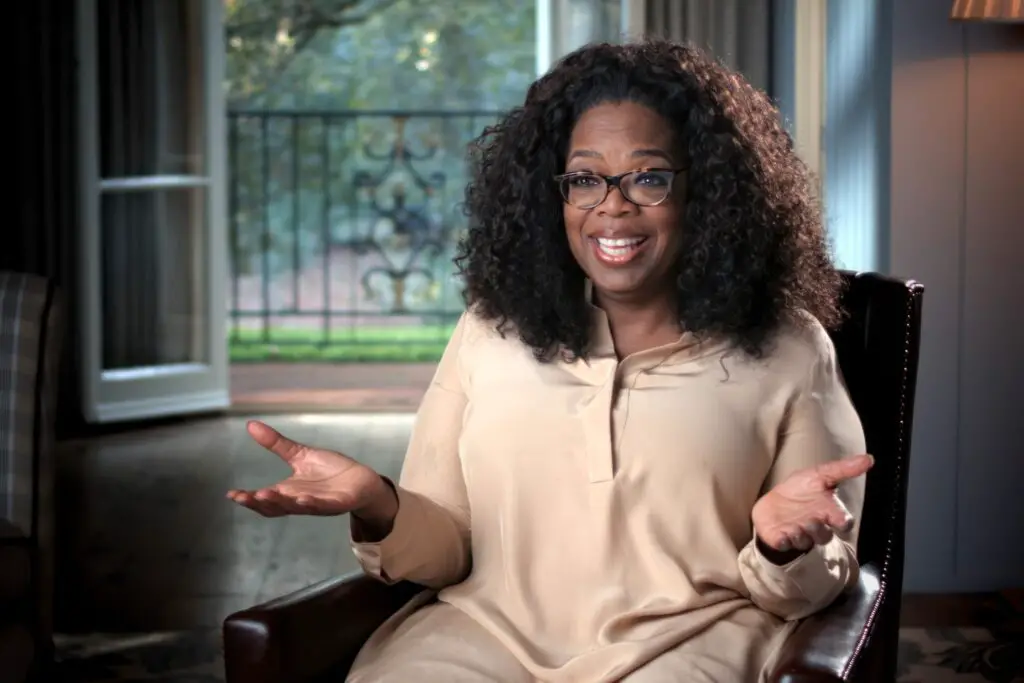
Oprah Winfrey’s influence in the ’90s was nothing short of groundbreaking. Her talk show, The Oprah Winfrey Show, became a cultural institution, pulling in millions of viewers daily. Oprah’s unique ability to connect with her audience made her a trusted figure in households across the country. She wasn’t just interviewing celebrities—she was talking to everyday people, listening to their stories, and giving them a platform. Her candid approach and willingness to discuss taboo topics, such as sexual abuse and addiction, made her show a place of catharsis for many. Oprah’s empowerment of women, particularly Black women, was a game-changer, as she became the first Black woman to host a major daytime talk show and build an empire from it according to Yahoo!
Oprah’s influence extended far beyond television, as she became a media mogul with her own production company, OWN. She revolutionized the publishing world with O, The Oprah Magazine, which gave her yet another outlet to champion personal growth and philanthropy. Her book club selections became bestsellers, turning obscure authors into household names. Oprah’s impact wasn’t just in entertainment; it was in the way she shaped the conversation around race, identity, and success. By the ’90s, Oprah had transcended her talk show roots, becoming a symbol of wealth, wisdom, and generosity. Her role in shaping cultural narratives about Black women’s experiences is still felt today, as her name is synonymous with empowerment.
3. Denzel Washington: The Black Hollywood Powerhouse
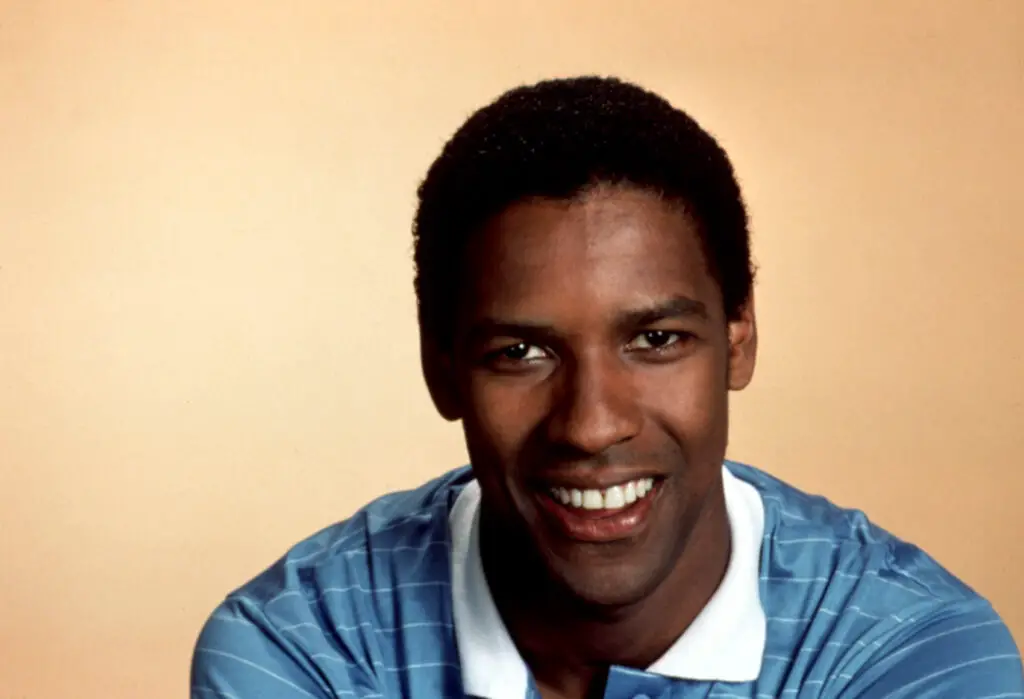
In the ’90s, Denzel Washington became more than just an actor—he became a cultural figure whose presence in Hollywood changed the game. His performances in Malcolm X and The Hurricane were nothing short of transformative. In Malcolm X, Denzel’s portrayal of the iconic activist elevated him to a level of stardom few could match says Essence. His nuanced take on a complex figure in history showcased his range and solidified his status as one of the greatest actors of his generation. Denzel’s ability to bring depth and dignity to Black characters on screen gave audiences a refreshing departure from the stereotypes that had often plagued Hollywood. He didn’t just play characters; he embodied their struggles and triumphs, making every performance resonate long after the credits rolled.
Denzel wasn’t just a leading man in front of the camera; behind it, he was a mentor and an advocate for better representation of Black talent in Hollywood. He used his platform to open doors for other Black actors, proving that a career in mainstream cinema wasn’t out of reach. His excellence on-screen and his advocacy for change made him a beloved figure, admired for his professionalism and commitment to authenticity. In addition to his work as an actor, Denzel became a prominent public figure who spoke out about issues affecting Black communities. His dignified presence in the ’90s helped shift perceptions of Black actors, and his continued success into the 21st century proved his lasting impact on the industry.
4. Will Smith: From Fresh Prince to Blockbuster Star

Will Smith’s rise to fame in the ’90s was meteoric, transitioning from the charismatic rapper in DJ Jazzy Jeff & The Fresh Prince to a global movie star. His role in The Fresh Prince of Bel-Air made him a household name, as viewers tuned in to watch the comedic adventures of a street-smart teen from West Philadelphia. Smith’s charm, wit, and relatability made the show a success, and his ability to balance humor with heart became his signature. It wasn’t long before Hollywood took notice, and Smith starred in blockbuster hits like Independence Day and Men in Black. His ability to move seamlessly between comedy and action solidified him as a versatile leading man in the ’90s.
But it wasn’t just Smith’s film career that made him stand out; it was his ability to navigate fame with grace. He was one of the first Black actors to become a mainstream, family-friendly star, opening doors for others who followed. Will Smith’s work in the ’90s wasn’t just about entertainment—it was about reshaping what it meant to be a Black star in Hollywood. He showed that you didn’t have to be confined to specific roles or stereotypes to succeed. Smith became a role model for many, not just for his career but for his work ethic and ability to stay grounded despite his fame. By the end of the decade, Will Smith had become one of the most bankable stars in the world, and his influence on pop culture is still evident today.
5. Toni Morrison: The Literary Icon Who Redefined Black Storytelling
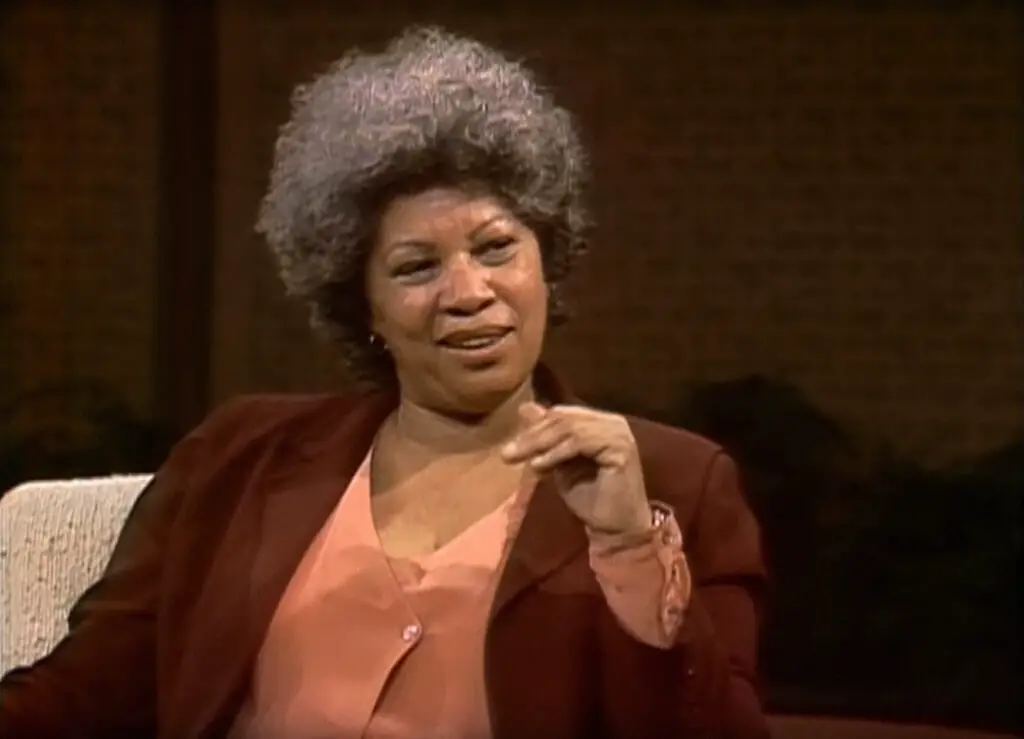
Toni Morrison’s work in the ’90s solidified her as one of the most important writers of her generation. Her novels, such as Beloved, which won the Pulitzer Prize for Fiction in 1988, continued to make waves in the following decade. Morrison’s lyrical prose and deep exploration of African American history and identity captured the complexities of Black life in America. Beloved, in particular, is a haunting and profound examination of slavery’s legacy, making it one of the most powerful books of the decade. Her voice was unlike any other, blending magical realism with deeply rooted historical narratives to create stories that were both painful and beautiful.
Morrison’s impact wasn’t confined to the literary world; she became an intellectual leader and an advocate for the representation of Black stories in mainstream culture. Her works challenged readers to confront uncomfortable truths about race, memory, and identity. By the 1990s, she had become a symbol of Black intellectualism, and her writing was celebrated worldwide. In 1993, she received the Nobel Prize in Literature, making her the first Black woman to win the prestigious honor. Toni Morrison’s legacy endures, not just through her novels, but through her lasting influence on the way Black history and experiences are told and understood in literature and beyond.
6. Janet Jackson: The Pop and R&B Trailblazer
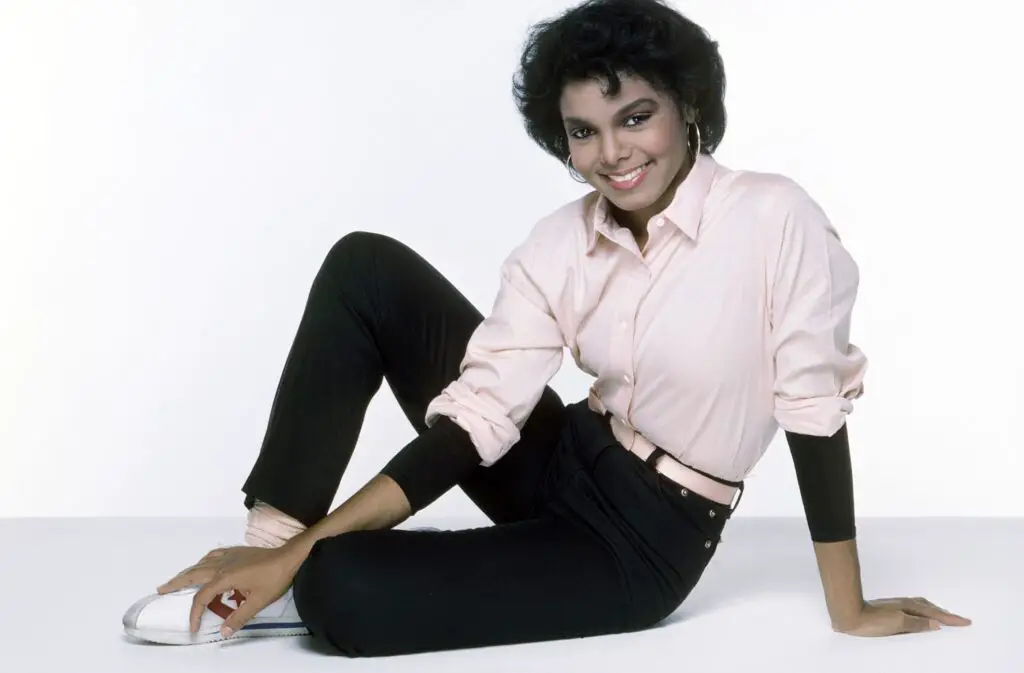
Janet Jackson was a force to be reckoned with in the ’90s, not just as a pop star, but as a cultural trendsetter. With albums like Rhythm Nation 1814 and janet., she redefined what it meant to be a Black woman in the music industry. Janet was a fearless innovator, blending R&B, pop, and socially conscious themes to create music that resonated with audiences across the globe. Her songs like “That’s the Way Love Goes” and “If” dominated the charts, and her influence extended far beyond the music itself. Janet’s style and visual aesthetics, from her bold fashion choices to her fierce dance routines, became an inspiration for many aspiring artists.
Beyond her music, Janet Jackson was also a trailblazer for Black women in the entertainment industry. She broke down barriers with her commanding presence and powerful voice, proving that women of color could dominate pop music without compromise. Her ability to tackle serious issues, such as race and gender, while maintaining a sense of allure and accessibility, made her a role model for millions. Janet’s success in the ’90s helped pave the way for future generations of Black women in entertainment, and her influence continues to be felt today. She proved that Black artists could be both mainstream and unapologetically themselves, leaving an indelible mark on pop culture.
7. Magic Johnson: The NBA Legend Who Became a Business Mogul
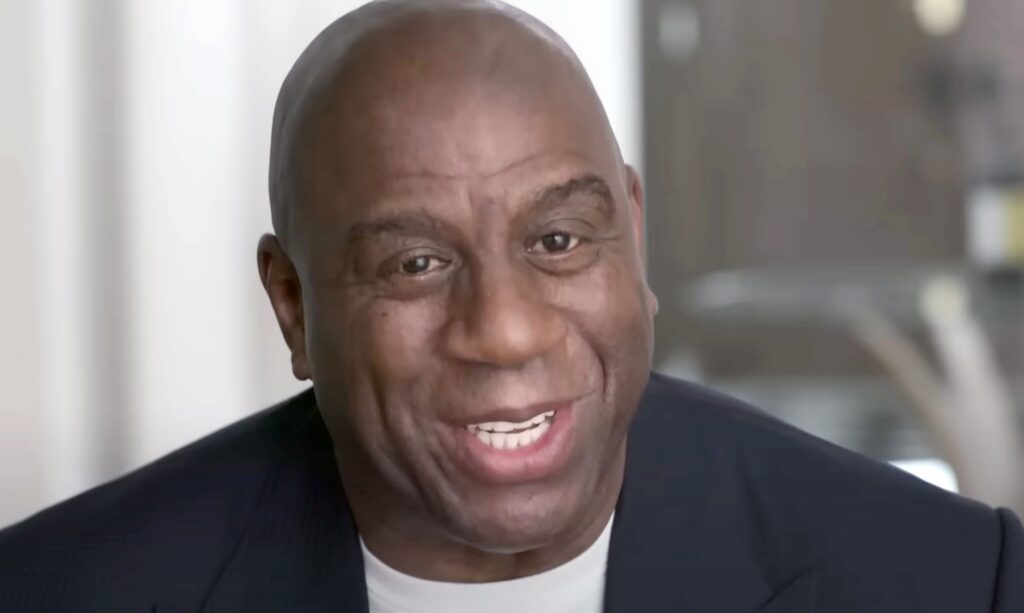
Magic Johnson’s legacy in the ’90s was defined by his success both on and off the basketball court. As a player, Magic was already a household name, with his skills as a point guard earning him five NBA championships with the Los Angeles Lakers. His flair for the game and ability to make his teammates better set him apart from other athletes of his time. But it was his transition into business that truly cemented his place as a cultural icon. After retiring from basketball, Magic became a successful entrepreneur, investing in everything from movie theaters to restaurants, becoming one of the first Black athletes to amass a fortune outside of sports.
Magic’s business ventures were groundbreaking for a Black man in the ’90s, as he broke down barriers in industries that had previously been difficult to access for people of color. He used his success to create opportunities for other Black entrepreneurs, proving that athletes could transition into business leaders. His Magic Johnson Enterprises became a shining example of how Black wealth and influence could be leveraged to empower communities. Magic’s success story in the ’90s inspired many to believe that they, too, could build empires outside of traditional career paths. His ability to transition from sports stardom to business mogul made him a symbol of versatility and entrepreneurial spirit, continuing to impact generations to come.
8. Naomi Campbell: The Supermodel Who Redefined Beauty Standards
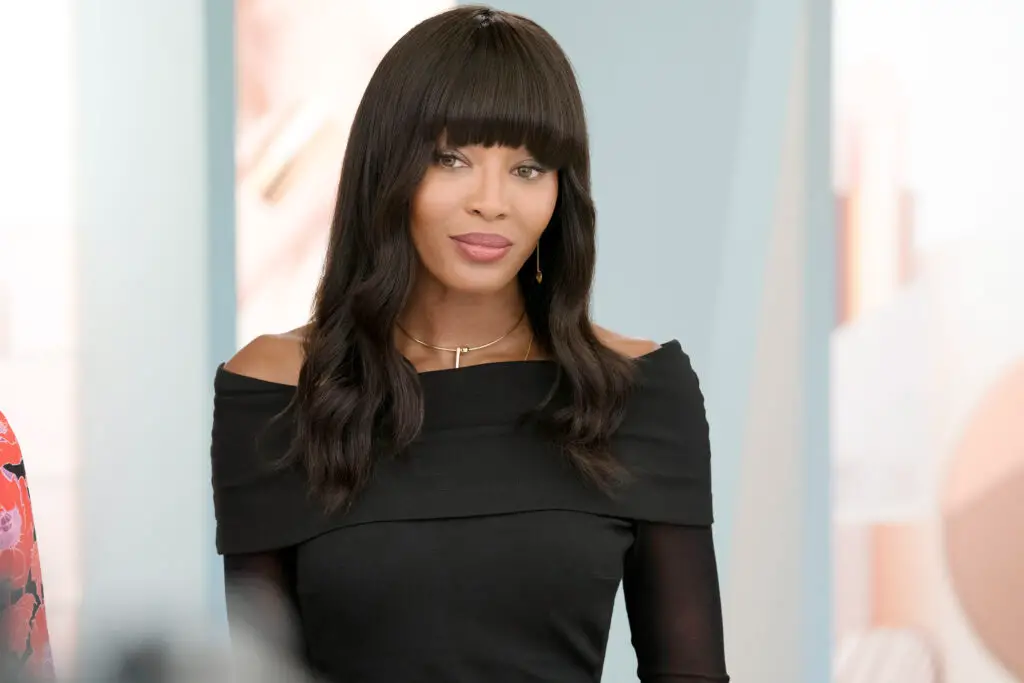
Naomi Campbell was one of the most iconic supermodels of the ’90s, known not only for her stunning looks but also for her groundbreaking career. She was the first Black model to appear on the cover of French Vogue, and her presence in the fashion world during the decade was revolutionary. Naomi’s fierce attitude and commanding presence on the runway made her one of the most sought-after models of the era. She was part of the group of supermodels who defined the ’90s, alongside others like Cindy Crawford and Claudia Schiffer, but her rise as a Black woman in the industry was a significant moment for diversity in fashion.
Naomi wasn’t just a model; she was an ambassador for changing beauty standards. Her success broke down barriers for Black models and opened doors for future generations of women of color in fashion. By the ’90s, Naomi had become a symbol of empowerment and confidence, both in her professional work and in her personal life. She was unapologetic about her place in the fashion world, challenging the notion that beauty had to fit a narrow, Eurocentric ideal. Naomi’s impact went beyond modeling; she used her platform to advocate for greater representation of Black women in the industry, paving the way for a more inclusive future in fashion.
9. The Notorious B.I.G.: The King of East Coast Rap
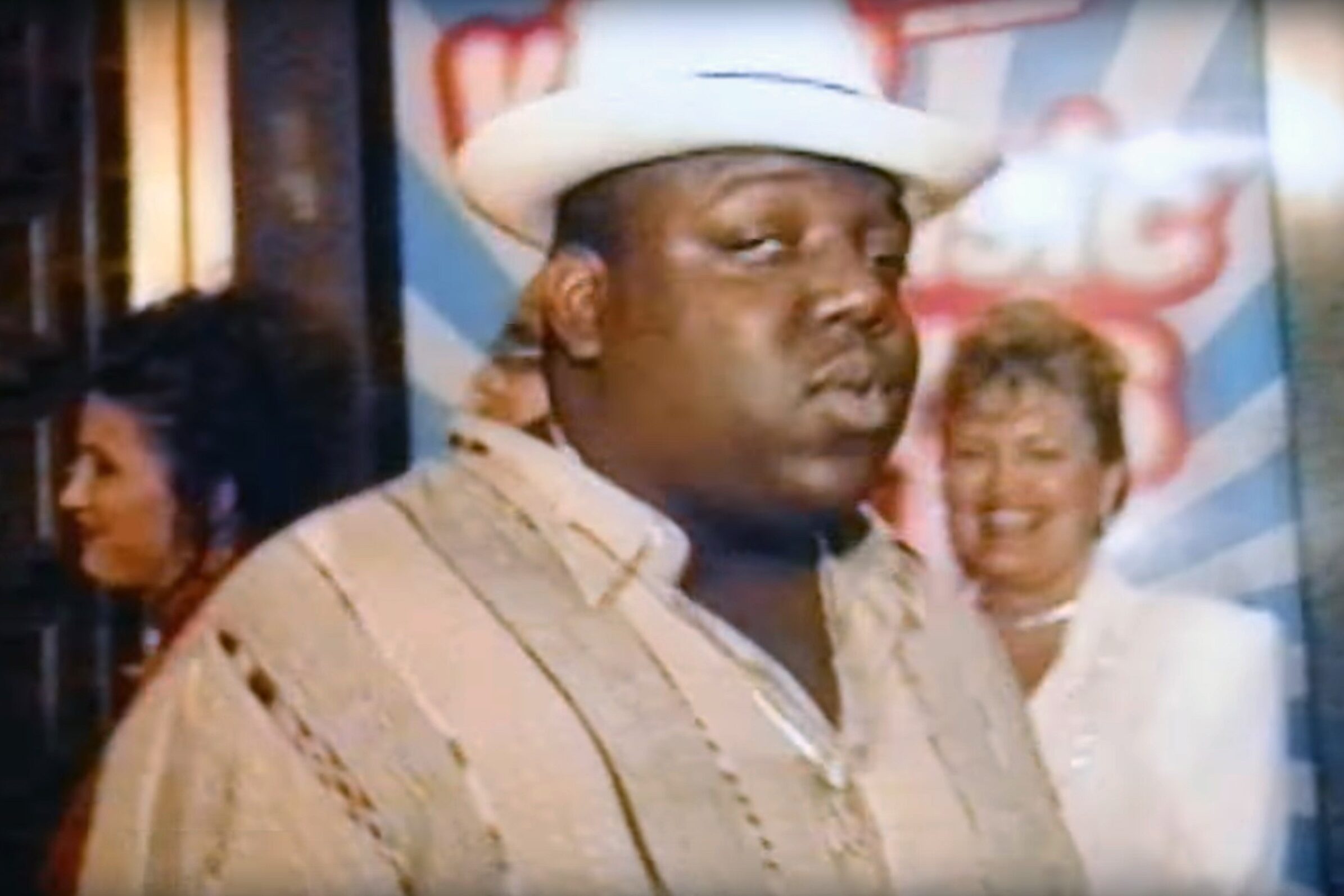
The Notorious B.I.G. was the face of East Coast rap in the ’90s, his lyrical genius and storytelling ability setting him apart from his contemporaries. His debut album, Ready to Die, introduced the world to his raw, unflinching take on life in Brooklyn. Biggie’s smooth flow and vivid imagery painted pictures of street life, love, and struggle, making him one of the most respected figures in hip-hop history. His collaborations with artists like Puff Daddy and Lil’ Kim further solidified his position in the rap game. Biggie wasn’t just a rapper; he was a poet, using his words to capture the reality of life in urban America.
Tragically, Biggie’s life was cut short when he was murdered in 1997 at the age of 24. But even in death, his influence has never waned. His albums continue to shape the sound of hip-hop, and his legacy lives on in the artists who cite him as an inspiration. Biggie’s contribution to hip-hop was more than just music; he was an icon who spoke for those whose stories had often been overlooked. His untimely death became a symbol of the violence and rivalry that plagued the hip-hop world at the time, but it also made him a martyr. The Notorious B.I.G.’s impact on the culture of the ’90s is undeniable, as he remains one of the greatest rappers of all time.
10. Alfre Woodard: A Groundbreaking Actress
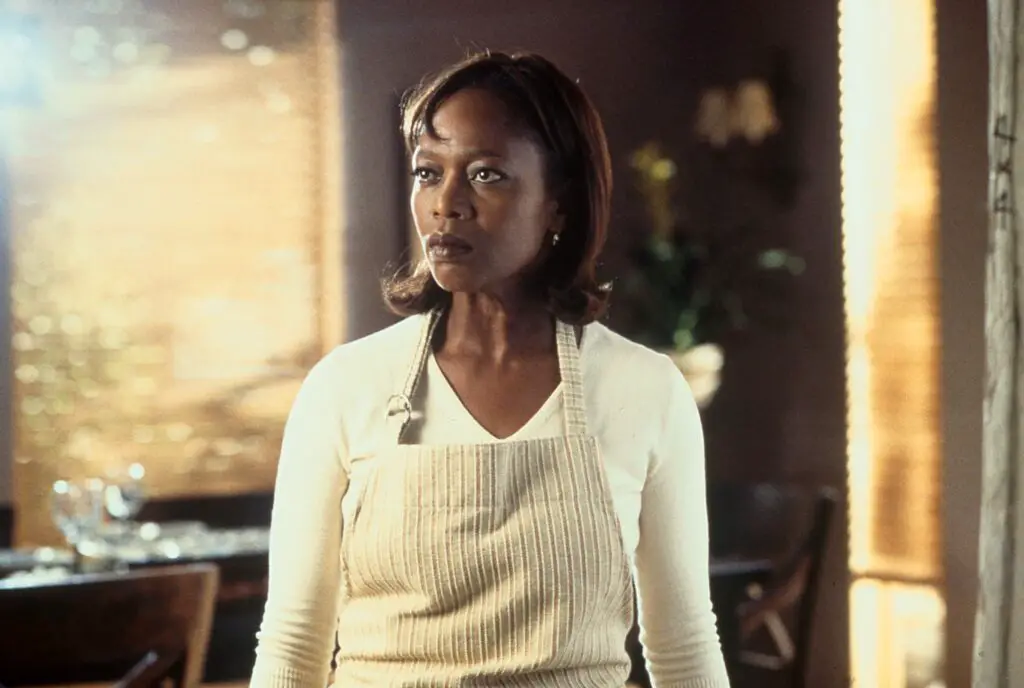
Alfre Woodard’s career in the ’90s proved that Black actresses could bring complexity and depth to a wide range of roles. Known for her powerful performances in films like Passion Fish and The Piano Lesson, Woodard became one of the most respected actresses of her generation. Her ability to seamlessly transition between television, film, and theater earned her critical acclaim, making her a consistent presence throughout the decade. In Passion Fish, Woodard’s portrayal of a nurse turned caregiver won her a Golden Globe, and it highlighted her skill at tackling difficult, nuanced characters. Her ability to convey vulnerability and strength was unmatched, setting her apart in an industry that often limited opportunities for Black women.
But Woodard’s influence extended beyond her acting roles. She was also an outspoken advocate for better representation of Black women in Hollywood, using her platform to push for greater opportunities and more diverse narratives. In addition to her work in front of the camera, Woodard was involved in various social justice initiatives, helping to raise awareness around issues of race and poverty. She was a trailblazer in terms of the roles she took on, often choosing projects that challenged societal norms and brought attention to underserved communities. Woodard’s contributions to the arts and social justice were crucial in the ’90s, helping to pave the way for future generations of actresses who wanted to tell authentic, compelling stories.
11. Queen Latifah: From Rapper to Hollywood Star
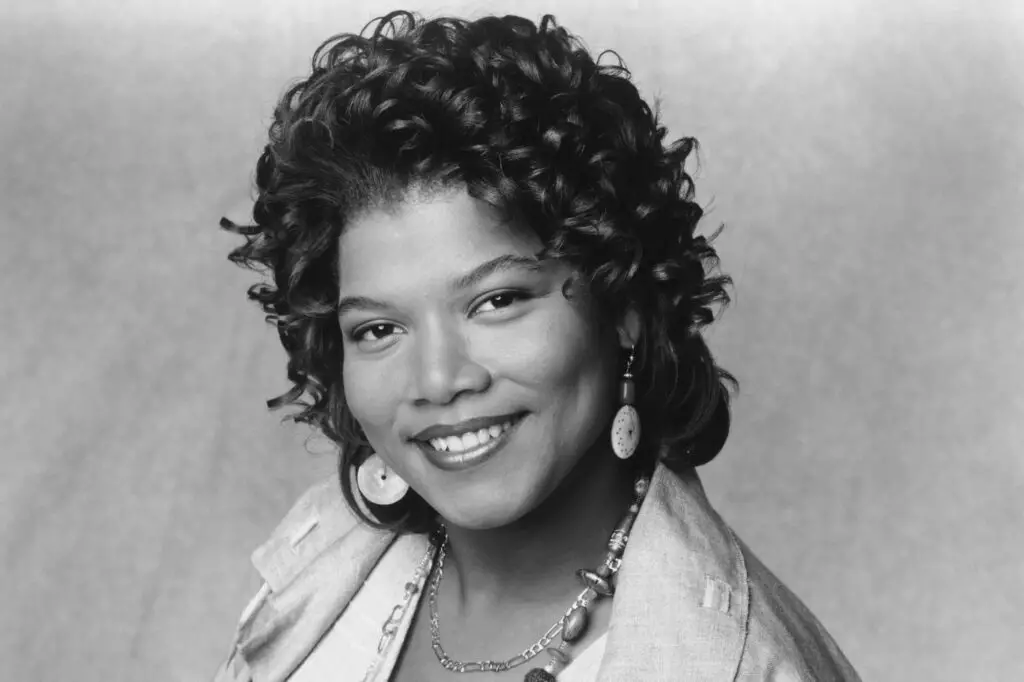
Queen Latifah’s journey from rap queen to Hollywood icon in the ’90s was nothing short of impressive. Starting out as a groundbreaking rapper with hits like “U.N.I.T.Y.,” Queen Latifah used her platform to address issues such as gender inequality and violence against women. Her commanding presence in the rap game made her one of the few women to truly hold her own in a male-dominated industry. But Queen Latifah’s influence extended far beyond music—she quickly became a major figure in television and film. In 1993, she starred in her own sitcom, Living Single, which became an instant hit, showcasing her acting talent and comedic timing.
Latifah’s shift from music to acting didn’t stop with television. She transitioned into Hollywood films with notable performances in Set It Off and Chicago, proving she was more than just a rapper. Her versatility as both a dramatic and comedic actress allowed her to break new ground for Black women in entertainment. By the end of the ’90s, Queen Latifah had built a multi-faceted career that spanned music, television, and film. She became a symbol of empowerment, self-confidence, and resilience, and her work continues to inspire women in the entertainment industry today. Latifah not only redefined what it meant to be a woman in hip-hop but also proved that Black women could dominate in multiple facets of the entertainment world.
12. Spike Lee: The Visionary Director Who Changed Hollywood
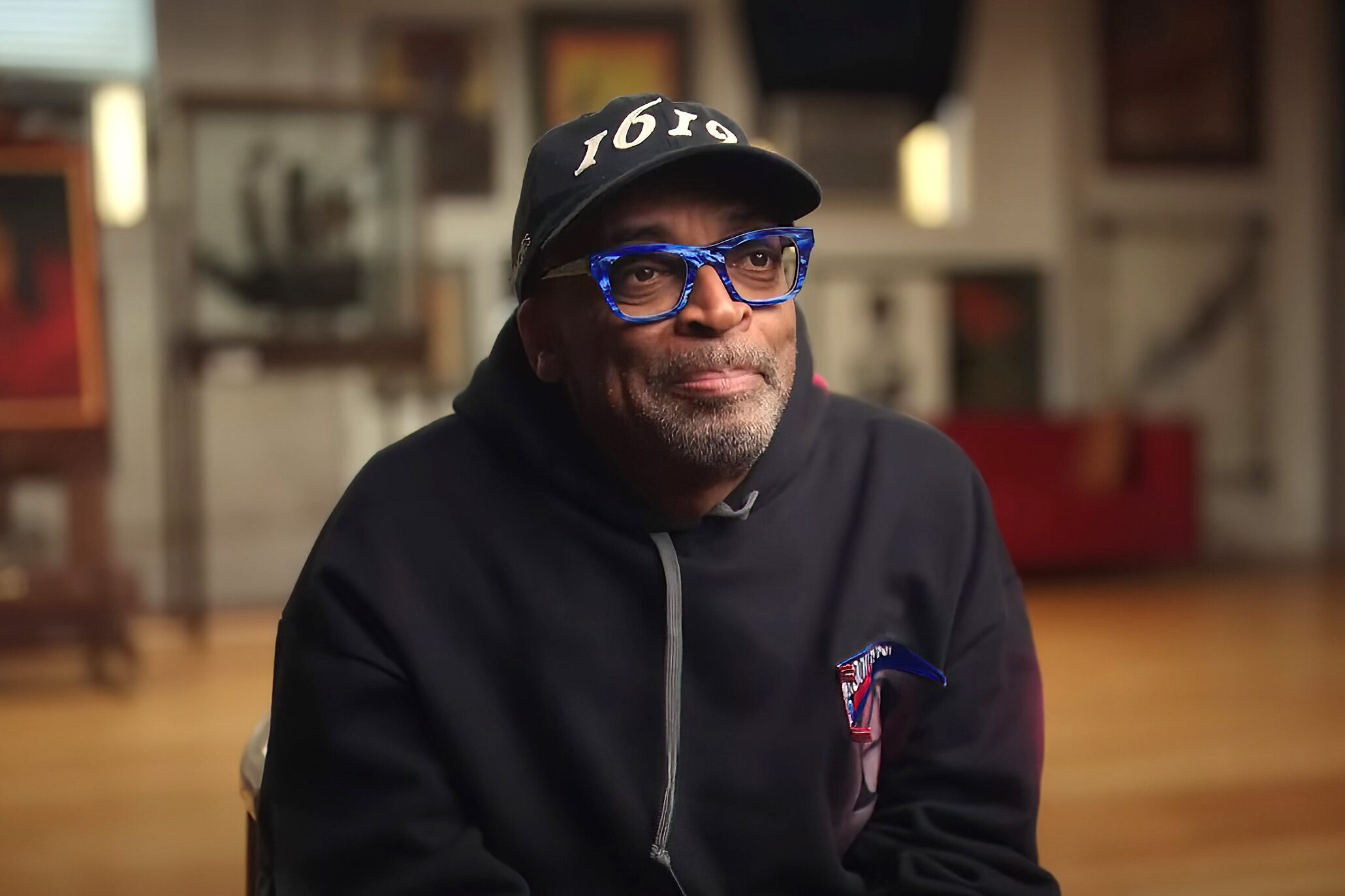
Spike Lee’s directorial work in the ’90s made him one of the most influential filmmakers of his generation. His films, like Do the Right Thing and Malcolm X, captured the complexities of race, identity, and social justice in America. Lee wasn’t afraid to tackle controversial topics, often using his films to spark conversations about systemic racism and inequality. His unique style—marked by bold visual choices, nonlinear storytelling, and a keen eye for political commentary—set him apart from other filmmakers of the era. In the ’90s, Lee became a powerful voice in Hollywood, using his platform to tell stories that had often been ignored by mainstream cinema.
Beyond his work as a director, Lee’s influence was felt in the way he shaped the representation of Black characters in film. He showed that Black stories could be both artistic and commercially successful, opening doors for a new wave of Black filmmakers and actors. Lee’s impact wasn’t just in the movies he made; it was in the way he pushed the boundaries of what Black filmmakers could achieve in Hollywood. He became a figure who challenged norms and fought to ensure that the stories of Black Americans were told on their own terms. Spike Lee’s bold vision and commitment to social change in the ’90s solidified him as a cultural icon whose influence is still felt in the industry today.
